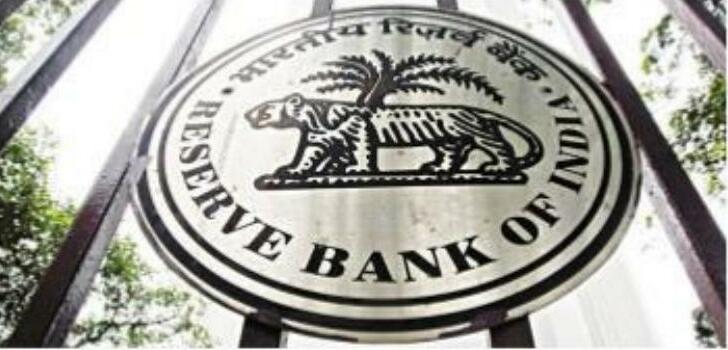In a groundbreaking move, the Reserve Bank of India (RBI) has issued a directive that is set to revolutionize the banking landscape. Banks across the country are now mandated to release property documents to borrowers within 30 days of loan repayment. This directive promises to be a game-changer for borrowers and is poised to have far-reaching implications for the Indian banking sector.
The “Property Freedom” Directive
The RBI’s directive, aptly dubbed the “Property Freedom” directive, aims to simplify and expedite the process of returning property documents to borrowers once they have successfully repaid their loans. This directive comes as a welcome relief to countless borrowers who have, for years, grappled with prolonged delays in receiving their property documents post-loan closure.
How Borrowers Stand to Benefit
Enhanced Financial Freedom
With this new directive in place, borrowers will experience a newfound sense of financial freedom. The swift return of property documents means that they can now seamlessly engage in various financial transactions, including selling, mortgaging, or leasing their property, without being encumbered by bureaucratic red tape.
Boost to Credit Scores
Timely receipt of property documents can significantly impact an individual’s creditworthiness. By having access to these documents promptly, borrowers can demonstrate responsible financial behavior, thereby positively influencing their credit scores. This, in turn, opens doors to more favorable lending terms in the future.
Encouragement for Real Estate Investments
Investing in real estate is a significant financial milestone for many individuals. The RBI’s directive is expected to encourage more people to explore real estate investments. The assurance of quick access to property documents after loan repayment makes real estate transactions more attractive and less cumbersome.
Reduced Legal Hassles
One of the most significant advantages of this directive is the reduction in legal hassles for borrowers. In the past, disputes often arose due to delays in receiving property documents, leading to legal battles. Now, with the 30-day timeline in place, such disputes are likely to become rare, saving borrowers time, money, and stress.
Banks’ Perspective
While this directive is a clear win for borrowers, it also presents banks with an opportunity to streamline their processes and enhance customer satisfaction. Banks that efficiently adhere to the 30-day timeline are likely to earn the trust and loyalty of their customers, further solidifying their reputation in the industry.
Implementation Challenges
The successful implementation of the “Property Freedom” directive will require banks to overhaul their existing systems and processes. Ensuring that property documents are readily available and can be released within the stipulated timeframe is a significant logistical challenge that banks will need to address.
Conclusion
The RBI’s directive to release property documents within 30 days of loan repayment is a landmark move that empowers borrowers, bolsters the real estate sector, and sets the stage for a more efficient and customer-centric banking industry. As borrowers eagerly await the benefits of this directive, banks must rise to the occasion, embracing the challenge of prompt document release. With a shared commitment to this directive, the Indian financial landscape is on the brink of a transformative era that promises greater ease and transparency for all stakeholders involved.
























